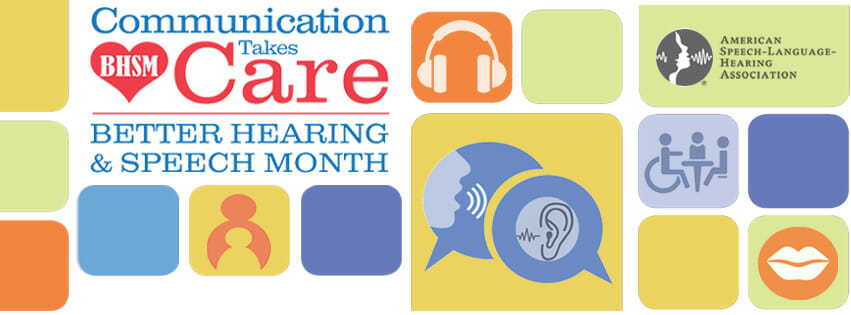What comes to mind when you hear the phrase “speech therapy”?
Many people think first of children who stutter or mispronounce words (like when “sister” becomes “thith-ter”), and may imagine that speech therapy involves hours and hours of word repetition until they get it “right” and graduate. But in truth, speech therapy is much more. Read below to learn more about how our speech language pathologists (SLPs) work with kids not just on how they make sounds, but how they socialize and even how they eat!
Speech and Articulation
Kid’s Creek Therapy’s SLPs work with kids with articulation issues – errors in the way a child says certain sounds, such as substituting a “th” for an “s”, distorting sounds, or adding or leaving off sounds in words. Tongue and lip positioning and airflow are crucial to correct articulation, and our SLPs teach children how to do these things correctly so they can speak more clearly.
Expressive, Receptive and Social Language
Expressive language is how well children are able to communicate using words and gestures (the “output”); receptive language is how well children understand words and gestures (the “input”). Therapy to address delays or disorders of language is geared toward helping a child understand concepts such as word meaning, labeling, and categorizing in the beginning, progressing to concepts such as word order, synonyms, antonyms, grammar, negatives, and the rules of word order.
Social language is how children use language to communicate with others (as opposed to the way sentences or phrases are structured). Children who struggle with social language may have difficulty sharing, making eye contact, and/or initiating and maintaining conversations (or participating in certain activities) with peers. Our SLPs help children with social language delays learn to take turns, stay on topic, make eye contact, work on a team or with a group, and follow other rules of conversation.
Sensory Systems and Speech Therapy
At Kid’s Creek Therapy, we don’t work in a vacuum, and we know children don’t, either. We understand how important a child’s sensory experiences are to his speech and language development. The brain is the control center for a child’s development, and movement activities such as climbing, jumping, swinging, and other physical activity are not only necessary to keep the brain sharp, but fun and motivating for the child. Our SLPs incorporate movement and other sensory experiences into therapy in order to maximize results (and minimize stress and tears!)
Alternative-Augmentative Communication (AAC)
Oral speech is the most common form of communication, but for some children, the ability to produce speech isn’t strong enough to meet their communication needs. Alternative-augmentative communication (AAC) includes forms of communication other than oral speech, and isn’t limited to those with oral speech difficulties – you probably use it, too! AAC can include gestures, facial expressions, symbols, pictures, or writing. Our SLPs work with children on using both low technology and high technology AAC systems, based on each child’s individual needs, while also helping their teachers, parents, and other caregivers understand, use, and maintain these AAC systems.
Fun fact: when reading the above section, did you think of sign language as a type of AAC system? Although some children with speech difficulties may use sign language to communicate, it’s typically considered a separate language, not an AAC system, due to its unique syntax that doesn’t follow the same “rules” of the English language.
Oral Motor, Feeding, and Swallowing Issues
Most people don’t associate eating with speech (other than the common mother’s admonition “Don’t talk with food in your mouth!”), but lip and tongue strength is important for both speaking and swallowing. Some children may also have sensory issues that make mealtime a struggle. Children who are “messy eaters,” show weakness in sucking, chewing, or swallowing, avoid certain foods, cough or gag while eating, have gained or lost an excessive amount of weight, or have other mealtime issues may benefit from therapy with one of our SLPs who are experts in oral motor therapies.
Did you know that May is Bettering Hearing and Speech Month?
To celebrate, Kid’s Creek Therapy is offering FREE speech screening for kids! If you or someone you know has concerns about your child’s speech and language development, social communication, or feeding issues, call us at 770-888-5221 or click on the Free Consultation box on the right for more information.








